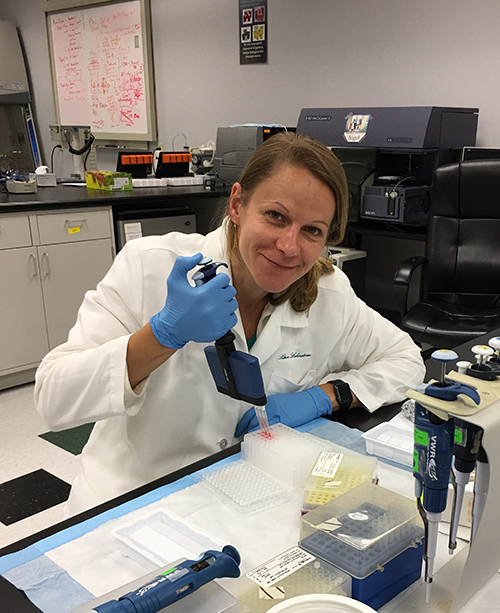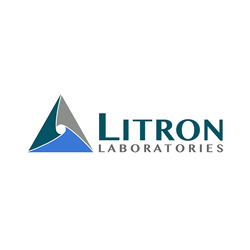 According to the NIH National Institute of Environmental Health Sciences, toxicology is “a field of science that helps us understand the harmful effects that chemicals, substances, or situations, can have on people, animals, and the environment.” Toxicology, with special emphasis on genetic toxicology, is Litron Laboratories’ specialty.
According to the NIH National Institute of Environmental Health Sciences, toxicology is “a field of science that helps us understand the harmful effects that chemicals, substances, or situations, can have on people, animals, and the environment.” Toxicology, with special emphasis on genetic toxicology, is Litron Laboratories’ specialty.
Litron Laboratories, a small, woman-owned research and testing company of 15 employees located in Rochester New York, is a leading expert in the development of advanced toxicity tests that measure the DNA-damaging potential of test substances.
The company’s longevity is rooted in its very first NIH Small Business Innovative Research (SBIR) award, granted by the National Institute of General Medical Sciences in 1986, which sought to use flow cytometry (an instrument that uses light from a focused laser beam to count and profile cells suspended in fluid) to increase the speed and reduce the cost of testing chemicals for toxicity. From there, backed by NIH SBIR funding primarily from the National Institute of Environmental Health Sciences, Litron developed a continuous stream of products that researchers use to conduct toxicological analyses. Litron packages these testing kits to serve the needs of pharmaceutical companies, medical device manufacturers, chemical industries and government agencies, and generates revenue through the sale of kits that measure chromosomal or DNA damage to rodents, cultured mammalian cells, or human blood.
For public health, the testing kits, developed by Litron Laboratories with the benefit of NIH SBIR grants, have provided the toxicological sciences community with new and improved methods for assessing the potential of chemicals to damage DNA.
Stephen Dertinger, Ph.D., Litron Laboratories’ director of research, notes that NIH SBIR funds were and continue to be critical to the company’s success and its efforts to develop new and useful flow cytometry-based toxicological tests. NIH SBIR grant funding enables Litron to keep research staff fully and consistently engaged in efforts to develop, optimize, and assess the reproducibility of new types of tests. It provides the means to purchase and maintain flow cytometers, which is the analytical platform that is the basis of Litron’s testing kits. And, it helps Litron attract industry and federal agency scientists to perform inter-laboratory work with prototype kit reagents to evaluate and optimize test performance characteristics. In this win-win scenario, industry collaborators gain early access to advanced methodologies while the SBIR program benefits from leading industry scientists’ contributions of time and expertise.
 For public health, the testing kits, developed by Litron Laboratories with the benefit of NIH SBIR grants, have provided the toxicological sciences community with new and improved methods for assessing the potential of chemicals to damage DNA. This information helps researchers and manufacturers develop and bring to market new, safe, life-saving drugs to the waiting patient, valuable crop protection chemicals to the farmer, and products that improve quality of life to the general consumer.
For public health, the testing kits, developed by Litron Laboratories with the benefit of NIH SBIR grants, have provided the toxicological sciences community with new and improved methods for assessing the potential of chemicals to damage DNA. This information helps researchers and manufacturers develop and bring to market new, safe, life-saving drugs to the waiting patient, valuable crop protection chemicals to the farmer, and products that improve quality of life to the general consumer.
Clearly, Dertinger says, “Litron Laboratories’ rate of innovation would not be possible without the benefit of SBIR funding.”







